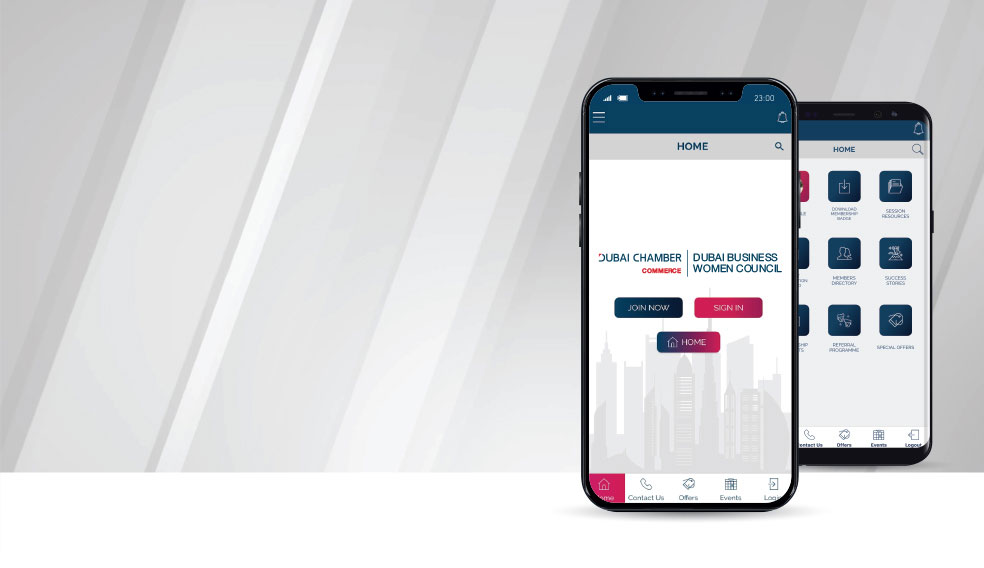
CONTRIBUTOR
Regional Group Account Director, RAPP
The world has been changing rapidly, thrown into tumult by the novel coronavirus outbreak. As this virus has swept the globe, taking lives, disrupting healthcare, and the global economy, the pressures that people and businesses are facing is constant, and are constantly changing.
These massive pressures and challenges that people are feeling mean that their mindsets are changing too. What we were concerned about in January is no longer a priority– our focus, ideals, and needs have shifted. What were commonly held notions before will transform. The status quo will be disrupted in many ways, and our expectations will change under the pressure of our current context. As the world changes, so will our mindsets.
As our mindsets and ideals change, this will open gaps. These gaps are areas of new needs, new desires, and changing dynamics. The gaps are opportunity, space, and relevancy for products, services, brands, and industries, which will change in response.
How changing mindsets open gaps in the market
For example, in the years of The Great Recession (2008-2009), people everywhere were under great economic pressure. Many people struggled to make car payments, and others were looking for second jobs for supplementary income. The pressure and the need resulted in a gap as people opened their minds to new possibilities in order to find new solutions. So, when Uber launched, offering a new way to get around without owning a car, as well as a new way to earn money on the side, this cross-industry innovation was warmly welcomed.
Going back further into history, in the US, during the Second World War, when the men were called to the front lines to fight, this led to a shortage in people to work in the factories back home, causing pressure on the manufacturing and industry sectors at the time. This resulted in the creation of a new mindset, signified by Rosie the Riveter- suddenly, women were needed in the workforce, and they responded. Following the war, the men returned home, and resumed their jobs in the factories. However, a shift had happened– women no longer wholeheartedly believed that they belonged only at home, as had been the pre-war notion.
Whether the brand recognized it at the time, or not, the Tupperware brand responded to this new mindset for many women, who desired to be in the workforce. By introducing an at-home selling model (Tupperware Parties), Tupperware changed their employee model, and in many ways, they introduced the modern-day gig economy, thereby enabling women to work in the post-war era. Now, this move by Tupperware may seem like a small step, comparatively, it wasn’t a fast change like Uber. However, today, we have made great progress in, while still striving for, gender-parity across workplace hierarchies and industries. This is in part due to a boost and a change in mindset brought on by Rosie, and then stimulated by Tupperware, as a movement began.
So, what does this mean for today? Well, for starters, we are finding ourselves in a gap market again.
A look at the gap market of today
We are in an unpredictable and constantly changing world. Our world has slowed down, taken vast precautions, gone inside, and in some instances, even shut down. Our world has changed drastically- creating a host of new pressures and challenges.
The scale and severity of change that we see in the market today is creating gaps of new mindsets, new needs, new ideals at an equally representative scale. We are in a gap market– a time in which change and disruption of the norm is, in some areas, more common than continuation of the norm.
Today’s gaps, these new opportunities, are not standard– they are the result of unpredictable challenges, causing new needs and shifting mindsets. We can begin to identify these gaps starts by observing headlines, habits, and changes, and then asking ourselves questions, to open our own minds to what perceptions may change
Source Entrepreneur.com


